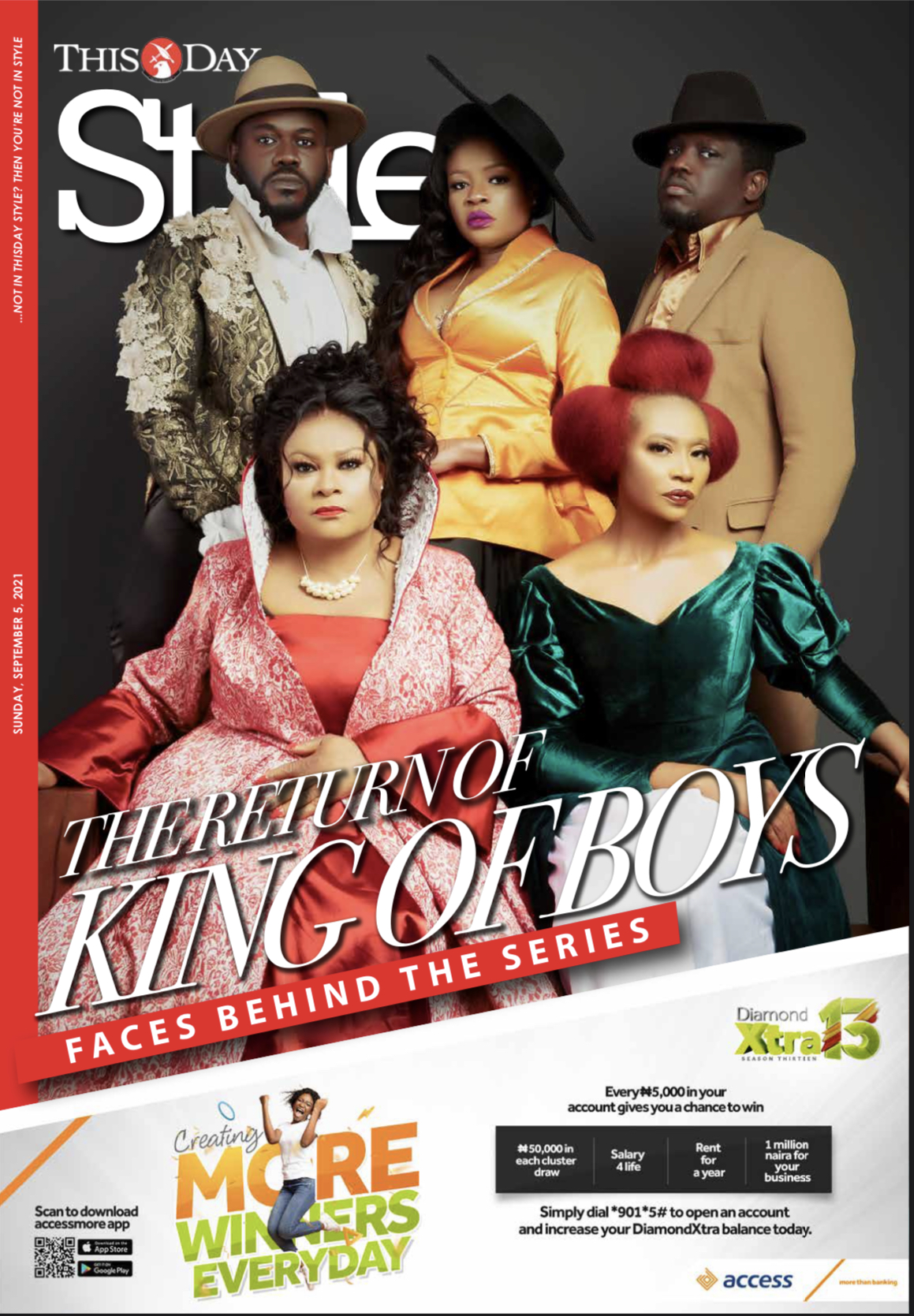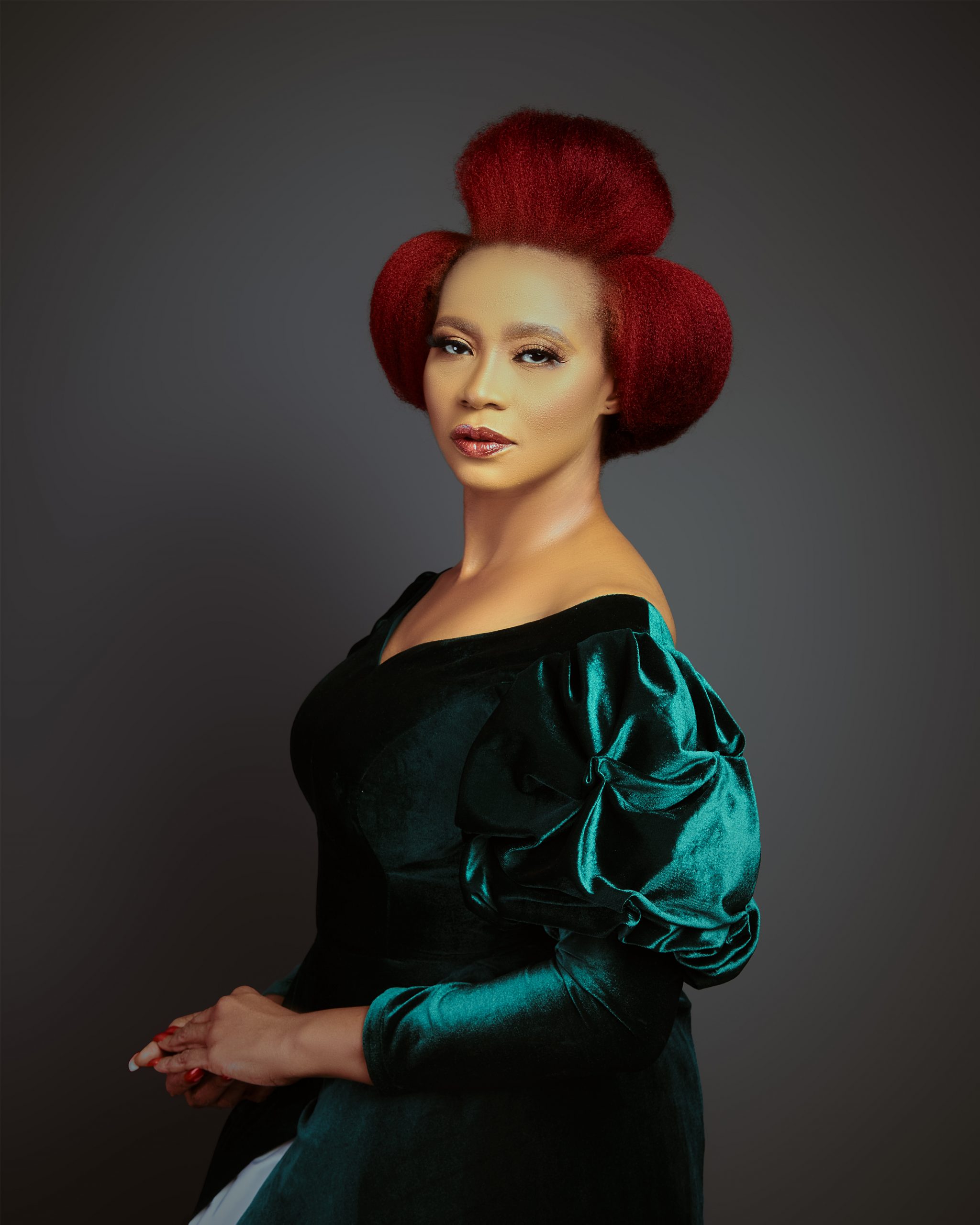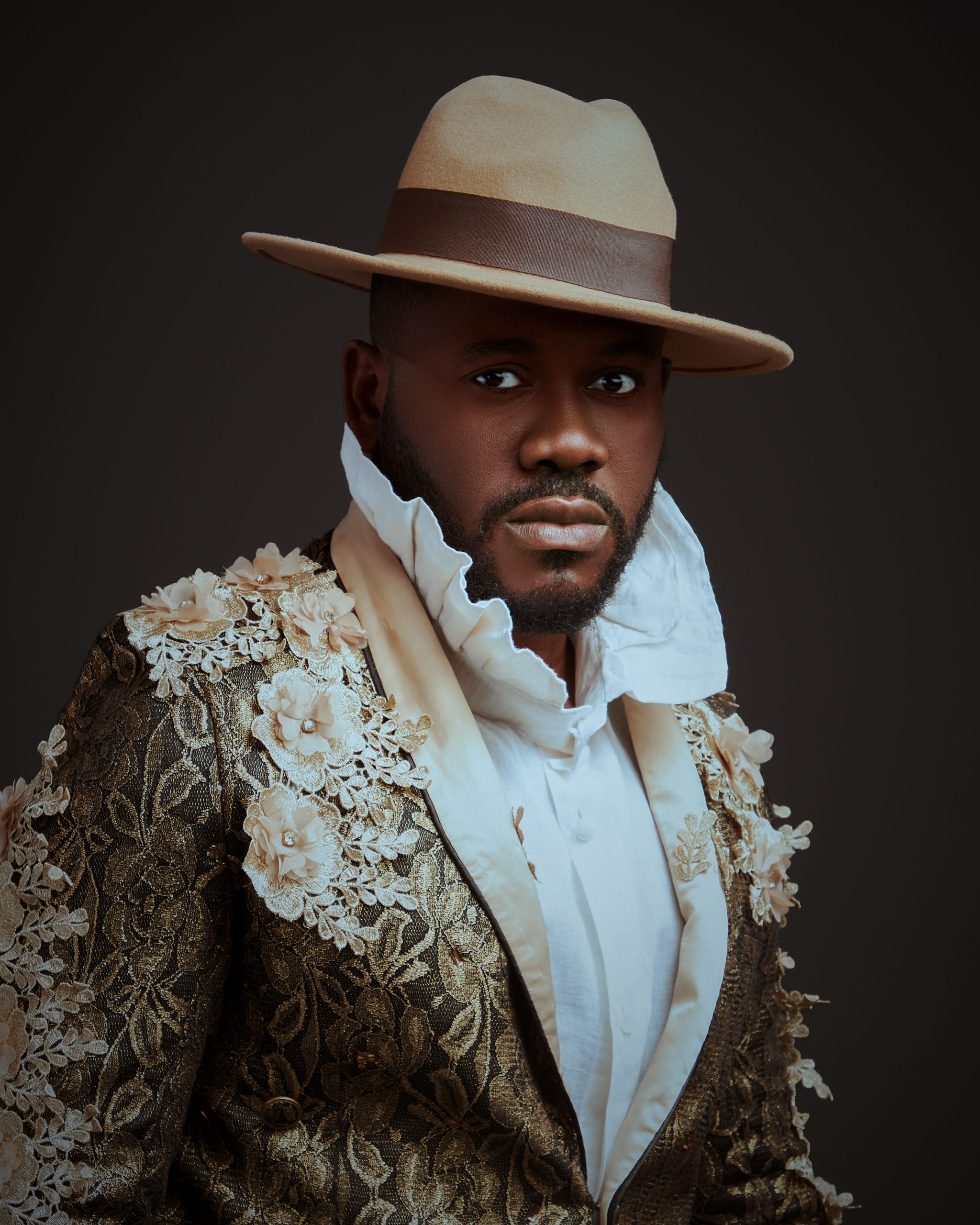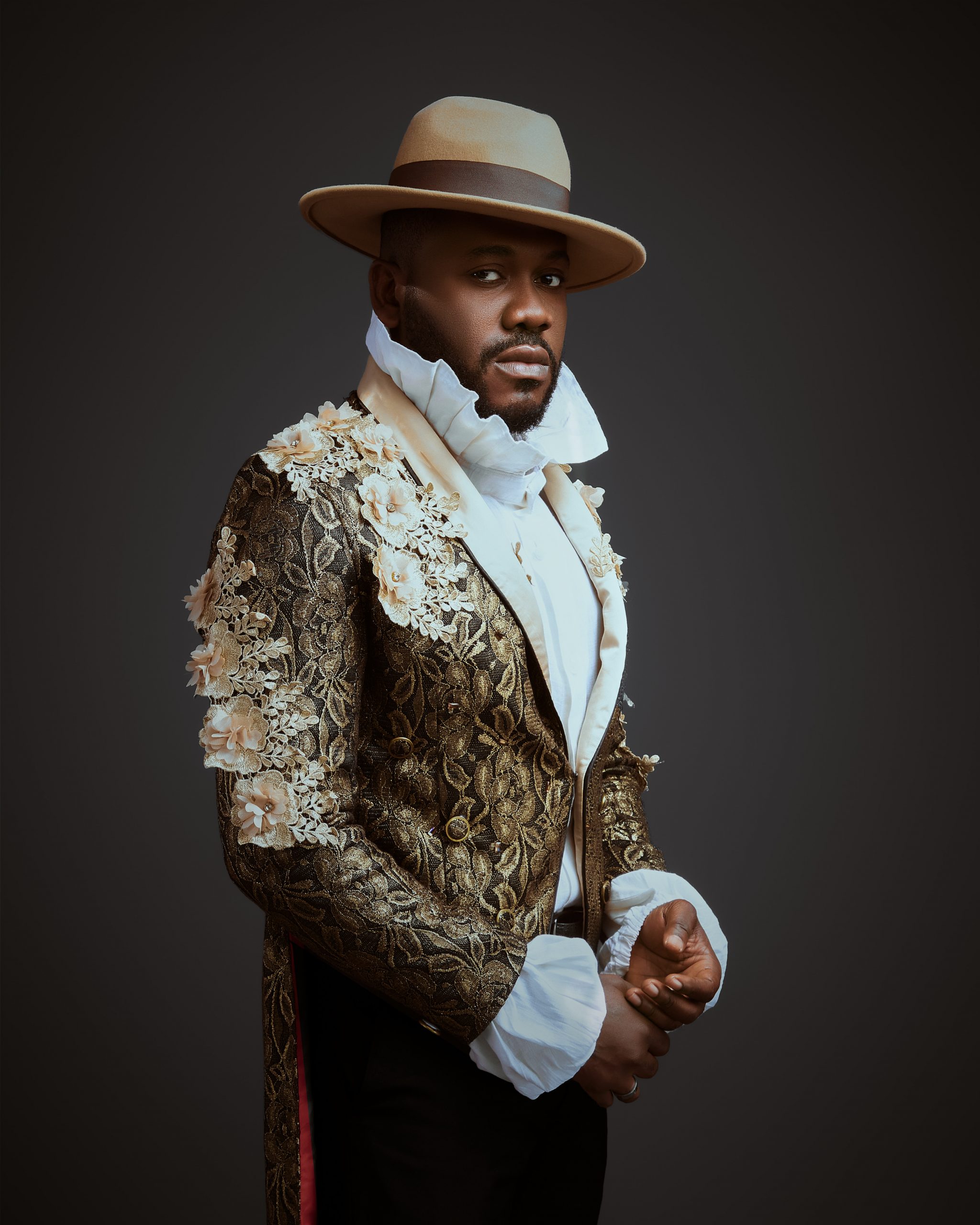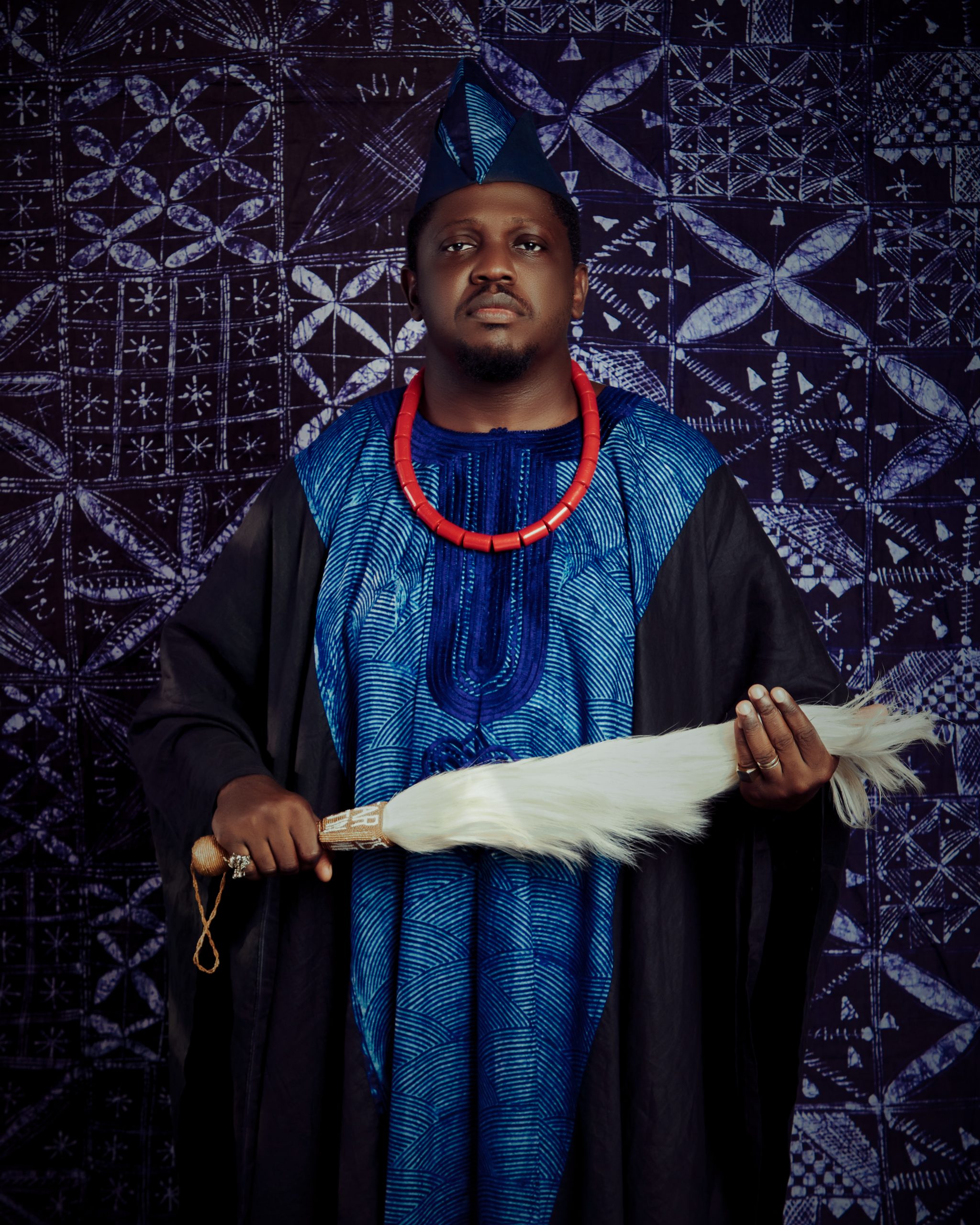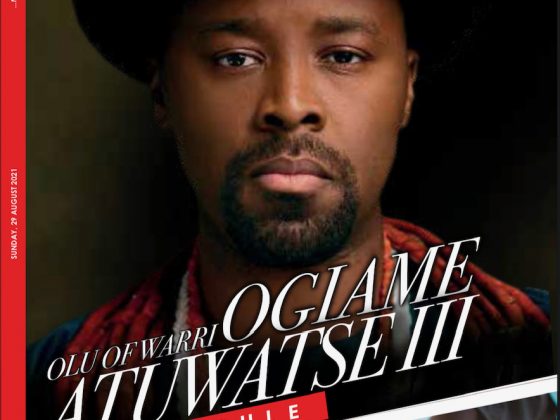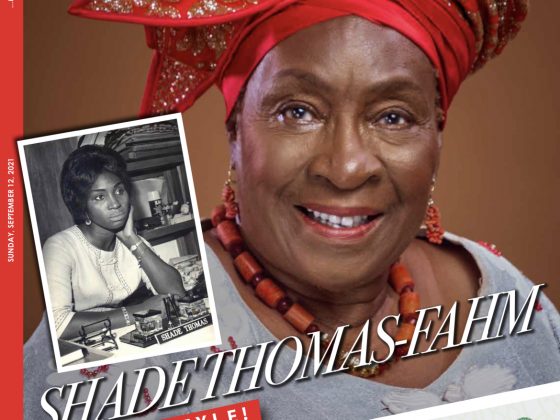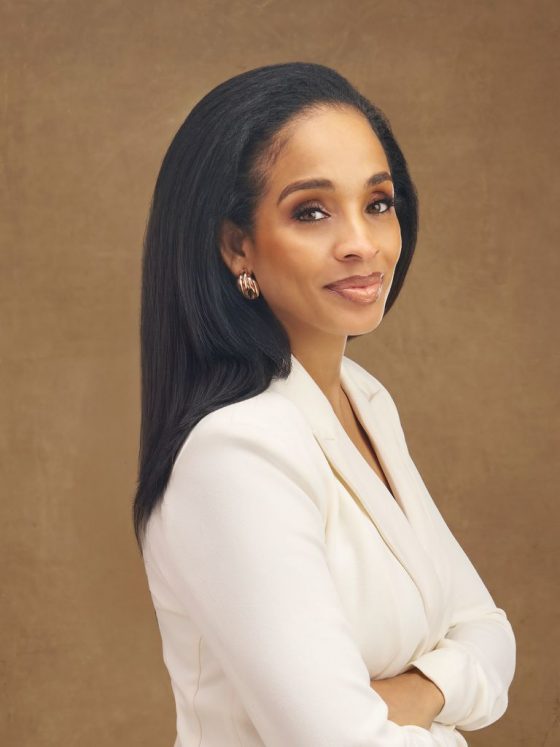Faces Behind the Series.
There is hardly any movie enthusiast in Nigeria who has not heard or seen the blockbuster movie, King Of Boys. It’s sequel, The Return Of King of Boys is exclusively on Netflix. The sequel is a 2021 thriller segmented into seven enticing series and directed by one of the most creative African movie directors, Kemi Adetiba.
Centered on the return of Alhaja Eniola Salami, who had been in exile for five years, the movie teaches, motivate and enlightens. On her return from the five-year exile, the character hopes to express all she learnt undercover to her advantage, but she meets with resolute oppositions and enemies which shakes and unsettles her soul.
The cast features some of Nigeria’s veteran actors and great entertainers who play their characters perfectly, making critics and the audience accept the movie with good commendations.
In an interview with some of the lead actors and the director, Kemi Adetiba, Nse Ikpe Etim, Illbliss, Deyemi Okanlawon and the legendary Sola Sobowale, they share their experience on working on such a phenomenal movie and further reveal other personal details of their life. AZUKA OGUJIUBA reports…
Kemi Adetiba
Director
This is a seven-part series on Netflix, how can Nigerian filmmakers make Netflix worthy movies?
I actually had no intention initially, to create a follow-up to the original KOB. I felt it was too much of a classic, and you could say I was too intimidated to even try. I had no original idea, and I was not going to force the process. KOB deserved more than that. But one day, I just happened to be chatting with my brother Remi Adetiba, who also produced the original KOB, and an idea just came into my heart. I remember, I jumped up and began pacing up and down the living room spilling this skeletal storyline. He just sat there, shocked, and wouldn’t move.
But, l said if I’m going to do this, I want to be able to tell a full and complete story. The amazing and complex KOB characters deserve this. And to do this, I would need enough time. This is what birthed the KOB series pivot.
How did you pitch KOB 2 to Netflix?
I actually didn’t. Based on how well KOB 1 did on their service and the fanfare our KOB ARMY (as I like to call them) created, Netflix approached me with the idea to collaborate on a second instalment.
I mean… It’s Netflix! (Laughter)
They took me to lunch on one of their visits to Nigeria. I was so nervous and I have to admit, I felt honoured that they asked to meet me one-on-one, saying they wanted to get to know me better. Then during lunch, that said they were interested in a sequel and asked if I was working on one.
As a director, what has been your proudest KOB moments?
When you come across people talking about your work on their own – dissecting it like art. Exchanging their favourite moments, and how it made them feel. Speaking about their connection to the project. It’s never about me. It’s always about the audience. And when I’m privy to witness these moments, where it seems the film or series has taken a life of its own, it makes my heart swell.
KOB stars competent actors, was there any difficulty in bringing the cast together?
Not at all. If anything, everyone was itching to be part of the KOB Family. And I feel so blessed and honoured by this.
You added new stars to this sequel, what’s the reason behind this move?
I really wanted to add some fresh blood (excuse the pun) into the title. We had lost a few characters in the first instalment – God rest their souls, so we needed some new infusion to the story.
Plus the viewers already knew what to expect from the returning characters. So we needed new personalities to come in and destabilize the old.
With more Nigerian movies coming to Netflix, what does the future hold for Nollywood?
I think it’s amazing exposure for us. Plus we are able to build an audience that ordinarily wouldn’t have come across our films, not to talk about the much-needed infusion of funding to create even more quality projects, buy better equipment, and train more hands in this field. It’s a win-win for us.
We just have to remember our worth in the middle of all this. This is business, and no one is doing anyone a favour. So we also have to remember our worth in every exchange. If Nigerian movies were not of some interest, no one would look our way. So we do have something the world wants and needs.
You have always believed in doing for others, especially women. As a result, you launched a project called “King Women” some years back, specifically to inspire women, what inspired you to take that step?
My mother, actually. I have the luxury of having my mother as a mother. She is focused, driven, an achiever, extremely successful, industrious, and I’ve seen her dig herself out of the deepest pits all by herself. Just by being close to this, her influence has informed so many aspects of my life, and I truly believe it is a key factor to the way I am and my success in the industry. I realized that while many young girls and women might have women in their lives who love them, they might not necessarily have strong women who have some sort of influence or yield some power. Women need to understand that they can be their own saviours, with power over their own lives and they do have the right to ‘choose’ when anything affects them personally. It’s important for young girls to see these examples in other women so they understand that it is also possible for them. I felt there might be women at crossroads in their lives, or in steep situations, they feel they’d never be able to recover from. I feel it is important for women to see other women that have crossed these same paths and come out strong at the other end. They need to know it is possible to dig themselves out of even the deepest situations. However, they might not have access to these women or stories, this is where KING WOMEN (now OBONGANWAN) comes in.
You had been in front of the camera for years, what motivated you to go behind the camara-to learn cinematography?
I’ve always been intrigued by “behind the camera” even while I was an on-air personality. I was always drawn to the machinery that puts it all together and sees the bigger picture, from even when I used to follow my dad to commercial shoots, or TV sets as a kid.
In front of the camera, I’m just a piece of the puzzle, but I wanted to be in the wheel of what was going on behind the lights. When I went out for shoots, I’d spend my free time asking the camera guys all sorts of annoying technical questions. I wanted to be one of those guys who had the challenge of putting all the pieces of the puzzle together. I really craved that.
I also didn’t feel being an OAP was the end point for me, but rather a stepping stone to where I am right now. Not that there was anything wrong with it. Not at all. I quite enjoyed it. But being a director/producer just fits me like a glove. Most people don’t realize that I’m quite shy and very anxious when it comes to crowds. I had to do a lot of mind exercises to get on stage or turn the mic on. I feel all the roads I’ve walked in this life were just to lead into this very moment and place. I’m so comfortable here as a story-teller/filmmaker. I could be in a wheelchair and still to do this. I could shave my head bald and still do this. I could come to work with no makeup (which I do more times than not). I get to tell stories and play with people’s emotions for a living. I’m living my dream!!!
You have a very high work ethic, where do you get your strength and creativity from?
I have a morbid fear of failing. I feel what I do is a responsibility, and I don’t want to let people down. I also spoke earlier about my mom, I saw her do and undo. She never has excuses when it comes to work. And I saw and heard what people said about her while growing up, to this day. They could call her stubborn, slave driver etc, but would always end it with, “She’s a very hard worker. You must be proud!” I’ve heard stories of my mom working on-site (she’s a civll engineer) while she was pregnant, right up to the very second her water broke. That’s what I grew up seeing. That’s the way I was trained. I know no other way. That was my example… This is why King Women is important. Women need to be exposed to more examples.
Sola Sobowale
Character – Eniola Salami
How did you feel when you heard the movie, King of Boys (KOB) was coming on Netflix?
I was happy because the world will get to see KOB back in action on such a huge platform as Netflix.
What should we expect from your character? Eniola Salami, the last we heard of her, she was in exile?
You should expect the unexpected. It’s as simple as that.
You play your role so well, is there any living influence you portrayed the character?
Funny enough, not at all. The script is so well written that I’m able to see myself in it.
How did you get the role of Eniola Salami?
Kemi invited me for lunch. After the food, she brought the script out, I looked at it, and we talked about it. Then I said “Aaah Kemi, this is big, this is huge. First of all, where are you getting this money from?” She said God will do it. I said okay. What’s my role? She said King of Boys. I looked at her and said, “Are you joking? Are you a gambler? You don’t know me Kemi. Why are you risking your life, your everything? Why do you believe so much in me that I’ll do this?” She said, “Aunty Sola,” you know she has a way of calling me and she said “Aunty Sola you’re going to do it, You’ve done it already.” I replied, “Okay, you believe in me? Give me the baton, let’s run!” The rest is story. Thank God.
What was it like working on this project?
It was exciting and at the same time challenging. But I tell you, but we do it and do it, and do it and do it all over again.
You have become a success through acting, would you say your parents were wrong to have wanted you to become a teacher or a nurse?
No, because I’m still doing what they wanted me to do in another way. I’m still teaching but not in the classroom. I’m still treating people but not in the hospital. The last one, I’m still a pastor but not in the church.
There is this kind of spark; special energy you exude in your acting, where do you get that from?
Simple, from God Almighty.
What is the most challenging role you have had to play and why was it challenging?
Eniola Salami and because I had to tap into several emotions.
You seem to switch between diverse roles in your movies perfectly. In some, you play the victim (cry so hard) in some other movies you’re the victor (act so mean), how do you embrace these extremes so well?
It comes natural to me. I call it the grace of God.
You wrote and produced a Yoruba movie title Ohun Oko Somida in 2010. Since then, we have not seen any more of your own movies. Should we be expecting something soon?
Wait and see.
Sometimes, your schedule can be so hectic, and taking the time to relax is vital for our health. So how and where do you love to relax when you’re not moving from one set to another?
Simple, I love travelling and I enjoy good food.
Nse Ikpe- Etim
Character – JMK Randle
What was it like working on this project?
Every project is peculiar and different. This was certainly one of those that remains unforgettable. It came with its highs and lows, working through a pandemic and the EndSars unrest was difficult to navigate but somehow we stuck together and finished eventually. In all, it was a beautiful experience.
Being a new cast on KOB, what makes it unique?
KOB – “The Return of the King” can be said to be unique just because it’s the first event Netflix Original Series out of Nigeria and also being a different genre (Political Thriller) with absolutely no moments of comic relief and still holds its own regardless. It’s a completely different world.
How was it working with the other cast members?
The most beautiful thing with us was the way we all bonded even if we had no scenes together. It made it easier to go through it all since we were in a bubble and all had to deliver one way or the other. In truth, no one ever sets out to make friends at work but when it happens, it’s a good thing. Relationships were built and that says a whole lot.
What was the toughest part of playing your character?
Becoming JMK Randle was not an easy feat for me. She constantly fed my anxiety with so much that I thought I wouldn’t be able to let her go. However, I found my co-actors, the crew and of course the Director waiting for me at the other end, each time I struggled, so I guess it was tough but we manoeuvred through it all.
KOB highlights political crime, how well does the message resonate with Nigeria?
Filmmaking is a great way to highlight common issues we all experience in society. Corruption is one of those issues that will strangulate the development of any nation and it’s important that we are reminded of this so we can hopefully look at better solutions through meaningful discourse. The message resonates with any sovereign state with a political class. It’s a story line that cuts across and defies race or culture.
When you received the script for this sequel, what caught your attention?
(Laughs) Apart from the fact that it was thicker than an encyclopaedia, the intricacy of a well written script. I didn’t stop until I was done.
Releasing KOB on Netflix places you on an international level, how does this make you feel?
Fantastic. It just means more people get to see my work and hopefully get entertained.
How well do you think Nollywood can benefit from streaming platforms like Netflix?
Improved content and supply management structure from inception to delivery and more importantly coverage for the Nigerian film Industry as we get to tell our stories in our voices.
Deyemi Okanlawon
Character – Adebola Fashina
What was it like working on this project?
It was very hard work but extremely fun. From working for the first time with Kemi Adetiba to playing alongside some of the most talented and most professional actors and crew members in this part of the world, an in addition Kemi using her “Unilag chic training” to tease all of us on social media, this is one movie production I’ll never forget.
What was it like playing your character in KOB?
When I first got the offer to play Adetola Fashina, l was terrified and wondered why Kemi was trying to set me up because this character was totally different from anything I’ve ever played. I was absolutely delighted and got the satisfaction of taking on the challenge to go deeper into untapped areas of my being to bring the character to life.
How would you describe Kemi Adetiba’s style of directing?
Kemi has a way of dragging out the best in you by fire by force, meanwhile, she’ll be pampering you and treating you almost like royalty so you won’t see what she’s doing. I call it 419 directing technique (Laughter).
What do you love most about your character?
Adetola Fashina is such a goofball, very quirky, one of those guys who was a nerd in school but with enough street/social smarts to get around. I hardly get the chance to play such a role and totally loved the experience.
How was it working with the other cast members?
Working with professionals is always a blessing and every actor on this production came with their A-game. Toni Tones, Uncle RMD, Nse Ikpe-Etim, Efa Iwara, Ill Bliss, Akin Lewis, Lord Frank, Titi Kuti, Keppy Ekpeyoung and most especially my sweetheart Aunty Sola Sobowale (who I’ve known since we shot a TV commercial when I was about 9 yrs old). She was so convincing and intimidating in her role as Eniola Salami that my work was made easy because I was genuinely scared.
How do you maintain confidentiality about a movie’s plot twists before it airs?
As with any true entertainer, I live to see audience reactions and would never ruin an experience by letting people know what’s coming. With KOB there is a lot coming!
What made you accept being a KOB cast?
Kemi Adetiba – she truly is a remarkable, genius-level filmmaker (and err…the pay was good!)
How well do you think Nigerian filmmakers can utilize Netflix?
With the entrance of Netflix, filmmakers have an additional viable distribution channel for their movies, one with a global reach and with the budget that they have, more financial flexibility to express their creativity in telling our stories to the world.
What’s the most challenging part of working on this project?
Kemi Adetiba – when I said earlier that she drags the best out of you I meant it, kinda like how a very nice dentist pulls out your teeth. She constantly kept me on my toes playing Adetola Adeshina and the result was absolutely beautiful and fulfilling for me.
How well does cinema release boosts Nigerian movies on Netflix?
Movies that have had a cinema run had a marketing campaign and created awareness. These movies already have a tribe of people who watched and want to see it again, others who missed it when it was in cinemas, and those who live abroad and were excited by the buzz.
Recently, you posted a video of yourself on Instagram, having a good time with your mother and brother. Was your mother in support of your acting career from the onset and is your brother, as seen in the video your only sibling?
My mother found out about my acting career the same way everyone else did when she turned on the TV. She has supported me throughout my life especially by trusting me to make the right decisions after I proved to her that I was capable of producing results in school and business.
You married a longtime friend from your days at the University of Lagos, how has she been of help to the growth and advancement of your career as an actor?
I wouldn’t be anywhere near as successful and perhaps may never even have left paid employment without her encouragement and faith in my talent, and her confidence in both my ability and drive to succeed.
It’s a known fact that you are graduate of Chemical Engineering, at what point did your path detour into acting? And, how do you get yourself to act so well knowing what you studied. Did you later take a course for acting or is it inborn?
Regarding detours, I went from studying Chemical Engineering to a career in Sales and Marketing before I left paid employment as the Head of Marketing at OLX Nigeria into full-time acting. However I’ve been acting since about the age of five and was active in drama groups, in school fellowships and church, while I attended a one-month Acting For Film training and the Delyork Creative Academy. Most of my training came from Snapshots, the senior drama group at Covenant Nation under the late Dr Gbenga Kuponiyi. As part of my training, I have since made it a point to do at least one stage play every year if I have the opportunity and time and I consume hours of content on not just acting but screenwriting, directing, camera, sound, light, etc to help elevate my performance.
Like most curious viewers who are only privy to see you on TV, we would like to know what drives you in life and what kind of person you really are, outside movie casting?
Underneath all this acting image, I have the spirit of an entrepreneur. All I’ve ever wanted was to discover whatever gifts/talents I have, hone these into valuable expertise and share it with the world in exchange for value. This ideology permeates everything I do from acting to real estate, finance and oil and gas. I recently went back to paid employment and led the team at Silverbird Film Distribution to add value and gain insights into the marketing and distribution side of the Nigerian film industry. Apart from all this serious stuff, I love play-trolling my friends on social media and derive fulfilment in youth development projects.
Your mother owns Bakers World, a bakery located at Ikeja and you spent most of your youth there at the bakery, how has it helped shape your perspective about life?
As a baker and cake maker, my mum was my first interaction with art/creativity and from her, I learnt that in life as with baking, when you have the raw materials they never look like what you want but with skill, patience and the ability to take some heat, you can create the most beautiful results.
ILLBLISS
Character – Odogwu Malay
What was it like working on this project?
Working on KOB is a defining chapter in my career. An unforgettable experience and also my acting debut, filled with incredible memories
What was it like playing your character?
Playing Odogwu Malay was absolute fun. Malay is like an illBliss alter ego. I enjoyed being a gangstar from the streets, crime figure of Eastern descent, respected in the streets, incredible sense of humour, unpredictable. Boss, leader and father, all mixed in one!
Based on the storyline, how do you think KOB mirrors the current reality in Nigeria?
The political intrigues inherent in the Nigerian political system was hugely exposed in KOB. Hugely satirical. It reflects the extent politicians go to stay in office and all the back end shenanigans.
Considering the massive applause for KOB, how does it feel being a cast in the sequel?
Being part of the KOB sequel is really a huge honor. The Odogwu character was a pivotal part of the first and even more dominant in the sequel. It’s exciting.
How was it working with the other cast members?
It was really cool working with the other characters. We became a big family, and it made the work easier feeding off each other’s energy, support and encouragement
Was it easy to create a believable character?
Kemi helped me achieve this to a great degree. Malay and illbliss share certain elements characteristically and it made the transition easier.
Which KOB moment keeps lingering in your mind?
When my family was massacred. I lost my mind totally. That scene scared me. Something snapped.
What’s the process of bringing your character to life like?
I spent time speaking to my character Odogwu like we were close friends in real life. I studied and imbibed every shred of his personality and mannerisms.
How do you think filmmakers can leverage the presence of Netflix in Nigeria?
It creates a totally different ecosystem and opportunity for filmmakers. It offers an alternative to cinema revenue. Streaming is a huge option and broadens the income streams. It is also a very competitive platform and challenges filmmakers to keep raising the bar creatively and qualitatively.
How has your character in KOB shaped your views about politics?
I have always been mindful of the saying “Politics is a dirty game”. In my music career, l have written numerous songs about how dark and sinister politics can be and its far reaching effect on the people. It’s not new to me.

